Sex and other foreign words
People with autism fall in love. They marry. They even (gasp) have sex. Yet these deeply human needs have mostly gone ignored by scientists.


People with autism fall in love. They marry. They even (gasp) have sex. Yet these deeply human needs have mostly gone ignored by scientists.
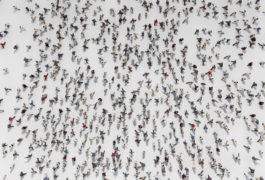
Most adults with genetic variants tied to certain conditions, such as heart disease or cancer, go undiagnosed.

Rural living can be wonderful: community, friendly faces, a slower pace of life. But when there’s autism in the family, it can be tough.
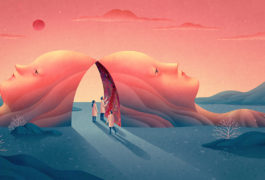
Children with autism show an increase in restricted interests in their preteen years that is not seen in those with fragile X syndrome.
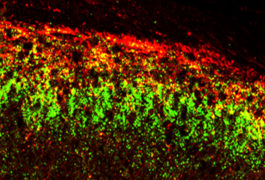
SHANK3, a leading candidate gene for autism, helps sensory neurons in mice respond to pain.
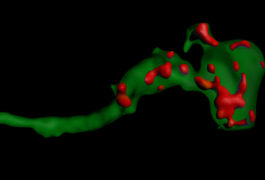
A clue to the origins of autism may exist among the molecules that transport RNA in the developing brain.
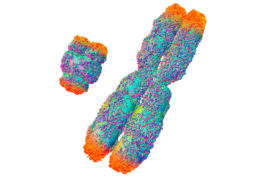
Genetic variants that shape physical features that vary with sex, such as waist-to-hip ratio, may alter autism risk.
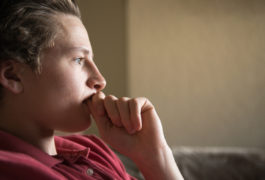
Most children who lose their autism diagnosis develop related psychiatric conditions.

Autism researchers reflect on the unusual episodes that spawned significant scientific projects.
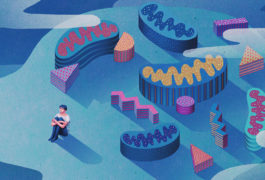
Some children with autism carry harmful mutations in the DNA found in mitochondria, the cell’s energy producers.